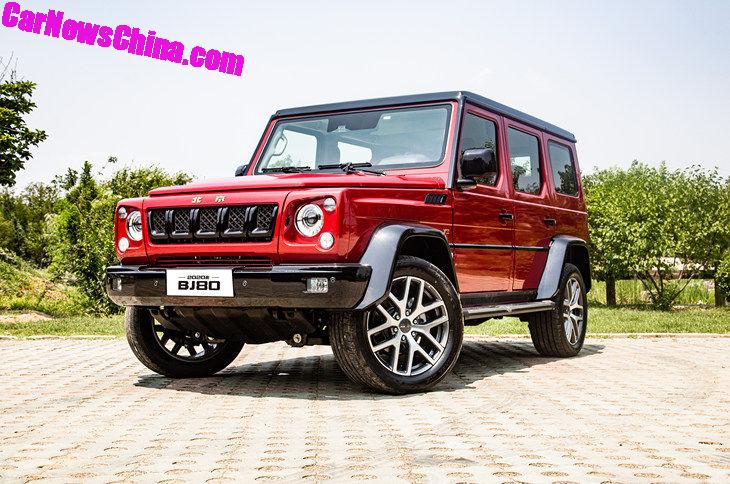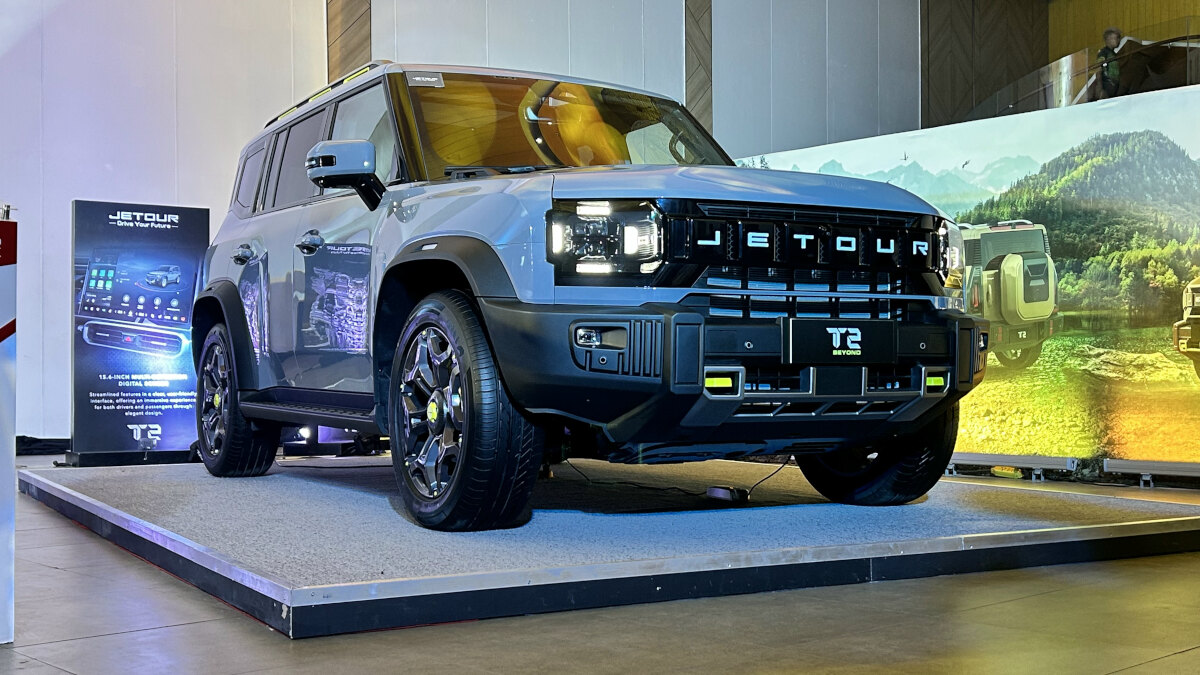The dodgy tactics of Chinese carmakers, famed for stealing the iconic designs of global rivals
As Chinese carmakers launch an assault on global markets, aiming to topple Western and Asian rivals, a long-running dirty habit has been exposed.
Shannon Molloy
5 min read
July 1, 2024 - 8:13AM
China and the European Union have agreed to start talks on the planned imposition of tariffs on Chinese-made electric vehicles (EVs) being imported into the European market, senior officials of both sides said on Saturday. Trevor Koroll reports.
When the world’s first car produced by a smartphone company was unveiled recently, buyers in China raced to snap up the sleek, advanced and luxurious – but affordable – Xiaomi SU7.
While the launch of tech billionaire Lei Jun’s hotly anticipated electrical vehicle represented an exciting first, there was nothing new about the appearance of the SU7.
It’s a direct and blatant rip-off of Porsche’s beloved Taycan, which is one the shiniest jewels in the century-old prestige carmaker’s crown.
Can you spot the difference between these two images?
Within a month of hitting showrooms, some 88,000 Chinese motorists had placed orders for the SU7. By comparison, the Financial Times reports sales of once-popular Porsche models across the country slumped 24 per cent in the first quarter of the year.
If imitation is the highest form of flattery, those who design vehicles in China – the world’s biggest automotive market – have great admiration for the work of countless others.
China faces accusations of copying car designs.
Chinese automakers are launching an assault on international rivals, flooding key markets with eye-catching and technologically impressive models that are cheap and accessible.
At home, they’re making big waves by convincing many of the 464 million motorists to ditch Western and Asian brands in favour of local options.
According to projections from the International Energy Agency, a staggering 10 million EVs will be sold in China in 2024.
Some 3.4 million will be exported to Europe and another 1.7 million to the United States, despite both territories imposing hefty tariffs – 100 per cent in the US – on Chinese vehicles.
The LIfan took its design cues from a decades-long icon.
The famed Mini Cooper is instantly recognisable on the road.
But overshadowing the enormous success of China’s car industry is its long legacy of shamelessly copying the designs of famous brands.
Read More






